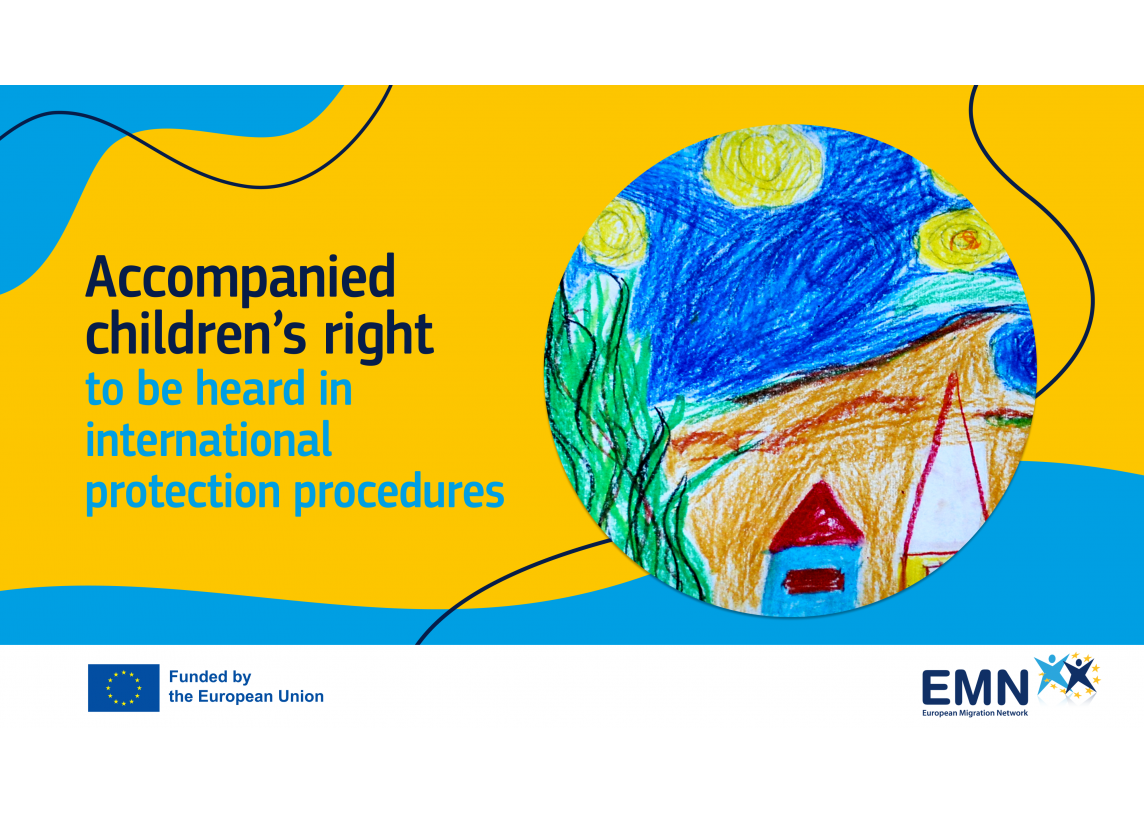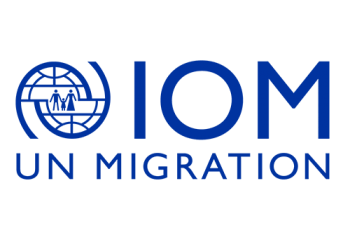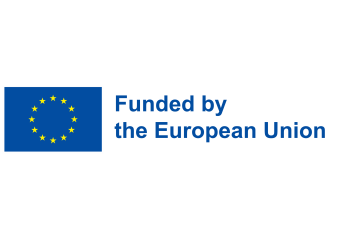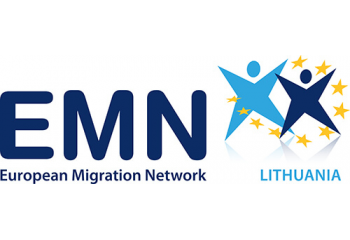News
How do EU Member States protect accompanied children's right to be heard in international protection procedures?
Children who migrate with their parents face unique challenges and vulnerabilities. That's why it's crucial that their right to express their views is fully implemented in international protection procedures. This inform provides an overview of how the right of accompanied children to be heard is being implemented in EMN Member Countries and Norway, including good practices, challenges, and lessons learned.
In 2021, approximately 190 000 international protection applications were filed for minors, most of whom were accompanied children. Only a small portion of these applications - around 10%- were for unaccompanied minors. Processing international protection applications for accompanied children can be particularly challenging, as there may be conflicting interests at play. In some cases, children may be reluctant to share certain information in front of their parents or responsible adults, or vice versa, parents may not want certain information to be disclosed by the child. This can be especially difficult in situations involving child abuse. It is therefore crucial that we gain a better understanding of when and how accompanied children are heard in international protection procedures, as well as the regulations surrounding these procedures.
A personal interview in the context of international protection procedures is generally granted to accompanied children by almost all EMN Member Countries and Norway. However, requirements and conditions vary from one country to another, including age restrictions, parental and child consent, and considerations of the child's maturity.
EMN Member Countries and Norway have implemented diverse strategies to determine the appropriate timing and necessity of conducting personal interviews with accompanied children. The interviews are based on the discretion of competent authorities, such as case workers, or upon the explicit request of the child or their parents/responsible adults. This approach allows for a case-by-case determination of whether a personal interview is necessary, particularly in cases where it is deemed essential for safeguarding the child's best interests or for the proper processing of the parents'/responsible adults' application. In some EMN Member Countries, children are only interviewed in exceptional circumstances, while in others, accompanied children are automatically invited for an interview (except, for example, where this is manifestly unnecessary or against the best interests of the child).
In most countries, personal interviews are carried out by specialist staff trained to communicate with children in a language adapted to their age and maturity. Some countries also use non-verbal methods such as playing, drawing, and storytelling during the interview process. Child-friendly information on the international protection procedure and the purpose of the interview is also provided. Another highly sensitive factor is that parents are generally expected to be present, except in cases where their involvement could be detrimental. The confidentiality of the information shared is also guaranteed by several EMN Member Countries as this is considered necessary to protect the best interests of the child.
Link:EMN Inform (EN)



